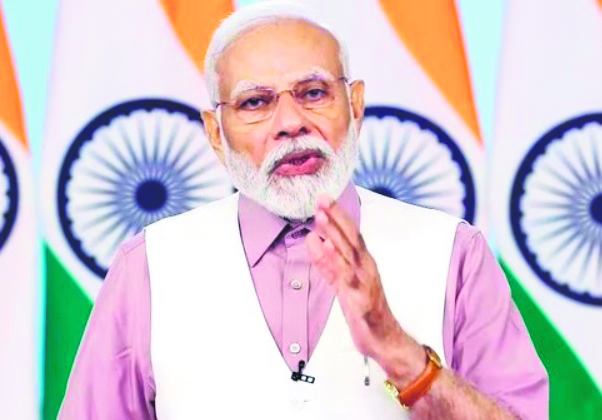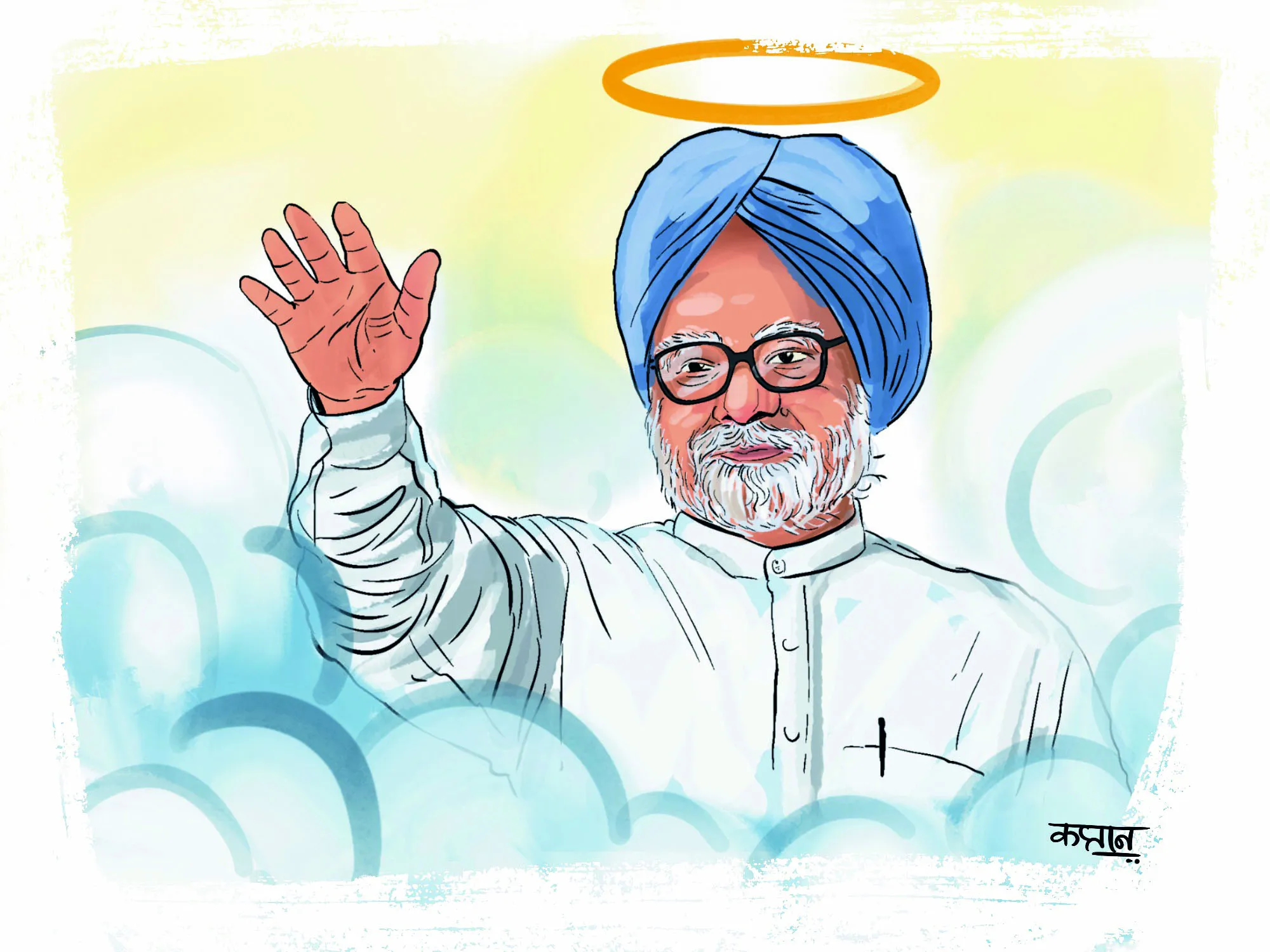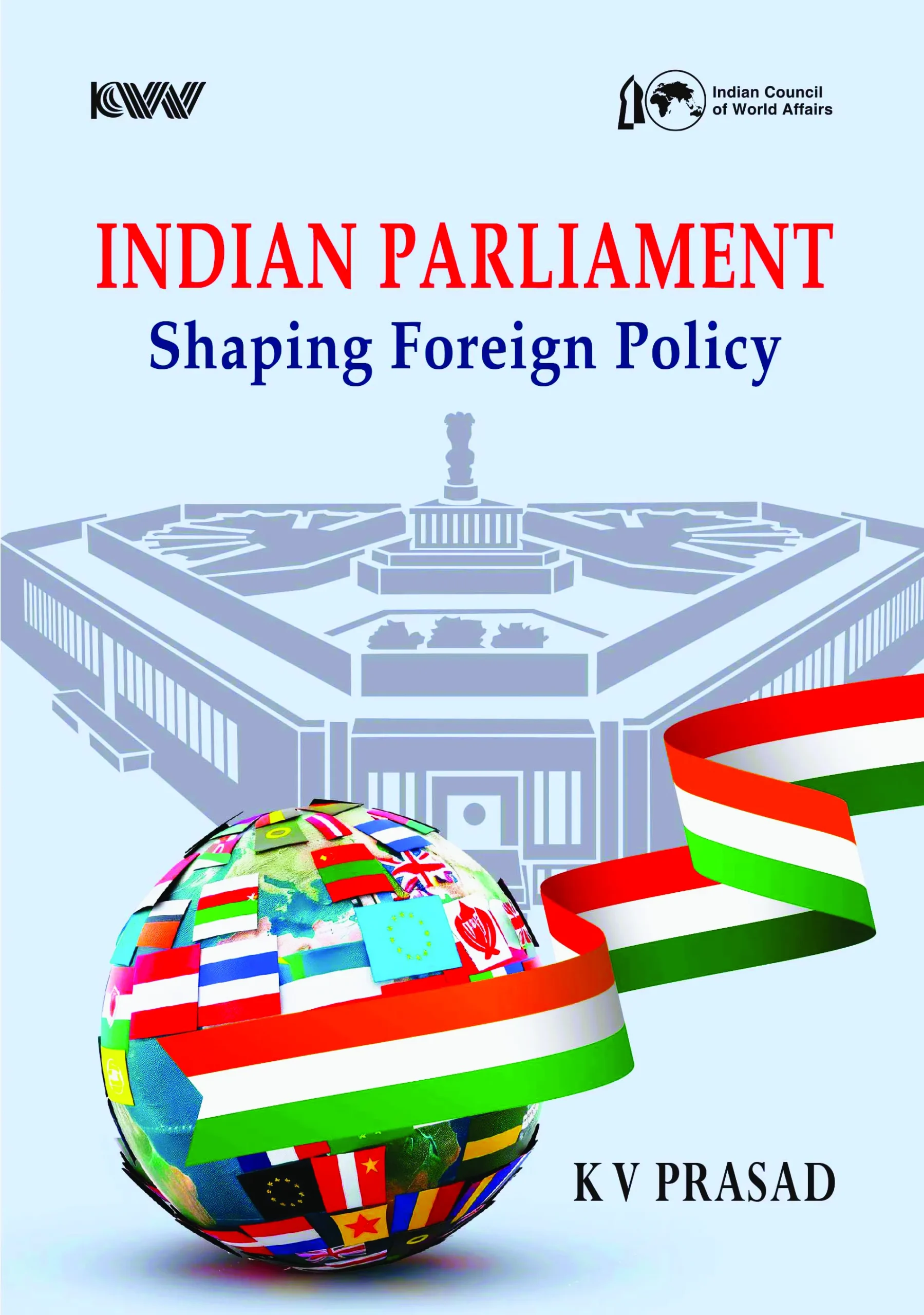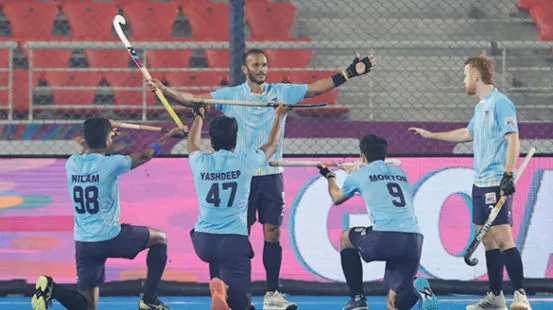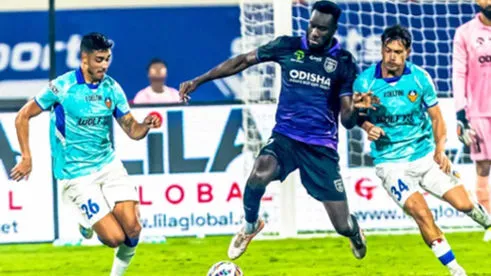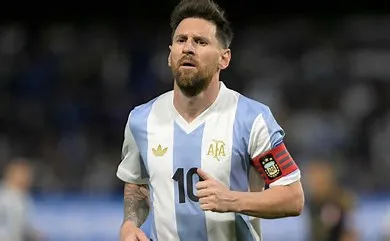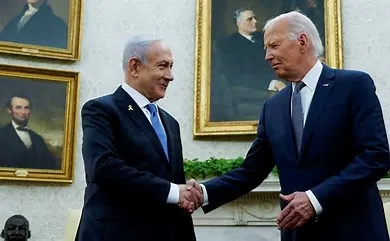This week remained dynamic just like the global politics. Global politics is ever-changing; and is run by ever-changing objectives. Nations connect and disconnect with each other at bilateral as well as multilateral levels depending on the concurrent international situations. We live in a complex world where complex interdependence keeps altering the priorities of nations and vice versa. However, in this changing world, if something remains constant, it is the national interest of a nation. It not only decides and devises foreign policies of nations, it also works as North Star in the ever-changing global situations.
Modi addresses COP28, emphasizes climate action
From suggesting comprehensive solutions pertaining to climate change containment to raising the concerns of Global South to coming up with the mantra of ‘green credit’, PM Modi’s address from the platform of COP28 in Dubai was short yet comprehensive and very effective. He did not shift an inch from his stand on the concerns of Global South, particularly when it comes to climate justice, yet he also spoke about collaboration between Global North and Global South to contribute to this very critical objective of climate change containment. To me, he looked like practicing the principle of flexible rigidity. He was rigid it terms of the principles and interests, but was flexible when it was about collaboration and cooperation. He announced historic ‘green credit’ in India, which is a unique system of endorsing individuals, groups and enterprises who promote green products. His idea of promoting climate funding for developing and underdeveloped nations is also adopted wholeheartedly by the member nations at COP28.
Showing the global unity on this critical issue of climate change; governments, investors and the relevant stakeholders announced funding of over 57 billion USD for climate agenda in COP28. After an historic announcement of a climate fund on day one, governments and other stakeholders kept declaring their funding and cooperation in the areas of sustainable development, health, food, nature, and energy. On climate finance, the UAE launched a 30 billion USD catalytic fund, ALTÉRRA, with a special focus on private finance across the Global South. On the other hand, Indian PM and the Swedish PM co-launched the Phase-II of the iconic Leadership Group for Industry Transition (LeadIT 2.0). This mission was announced in the UN Climate Action Summit in New York in 2019. The mission focuses on cooperation on low-carbon industrial transition and backs India’s transition priorities through a seamless and tailor made offer of bilateral and multilateral technical and financial cooperation involving governments and industries.
India, Kenya bolster diplomatic ties for collaboration
Considering the mantra of collaboration, India and Kenya had a fruitful bilateral dialogue in New Delhi this week. After successfully including African Union as a member in G-20 under its presidency, India had a productive bilateral meet with Kenyan President William Samoei Ruto this week when he paid a three-day official visit to New Delhi. Apart from having strong cultural ties, India and Kenya are maritime neighbours with multi-dimensional partnership. Both the nations enjoy regular high-level visits, good trade and investment and wide-ranging people to people connects. Considering present geo-political situation, challenges and opportunities, the leaders discussed to intensify maritime cooperation, military-to-military interactions, joint exercises, training, expert exchanges, industry collaboration, research and development cooperation and people to people connect. India also announced 250 USD million Line of Credit to Kenya for agricultural modernisation.
China expands influence in Indian Ocean Region
While rest of the world was busy in building up positive connects, China initiated its another expansive strategy in Indian Ocean Region (IOR). China is holding the second IOR Forum to assert its presence and deepen its role in the IOR. China’s development aid agency, China International Development Cooperation Agency (CIDCA) hosted the first Indian Ocean Region Forum in Kunming on 21 November, 2022. The objective of the forum was stated to be promoting economic and infrastructural growth in the region.
But when Luo Zhaohui, the chairperson of CIDCA, and former Vice Minister of Foreign Affairs of China, referred to China’s Maritime Silk Road, Belt and Road Initiative (BRI) and the Global Development Initiative (GDI) in his address, Chinese intentions behind starting this initiative became clear.
China wishes to establish its control at the strategic points in the IOR. When will it look into its national issues, including unnatural deaths of its ministers remains a question though. It has already established its bases at few strategic points like in Gwadar, which is significant considering the oil transit through Strait of Malacca in the IOR. The counter to this Chinese expansive strategy may be presented by Indian Ocean Rim Association (IORA), which has a membership of 23 countries, including China itself. Also, Indian PM Modi has come up with Security and Growth for All in the Region (SAGAR) initiative in 2015 for active collaboration among the coastal nations of the IOR.
Basically, a positive agenda flourishes on its own, while the negative one finds its grave soon. Hope the leaders learn the lesson of global good before it gets too late!
The author is Professor, School of International Studies, JNU

